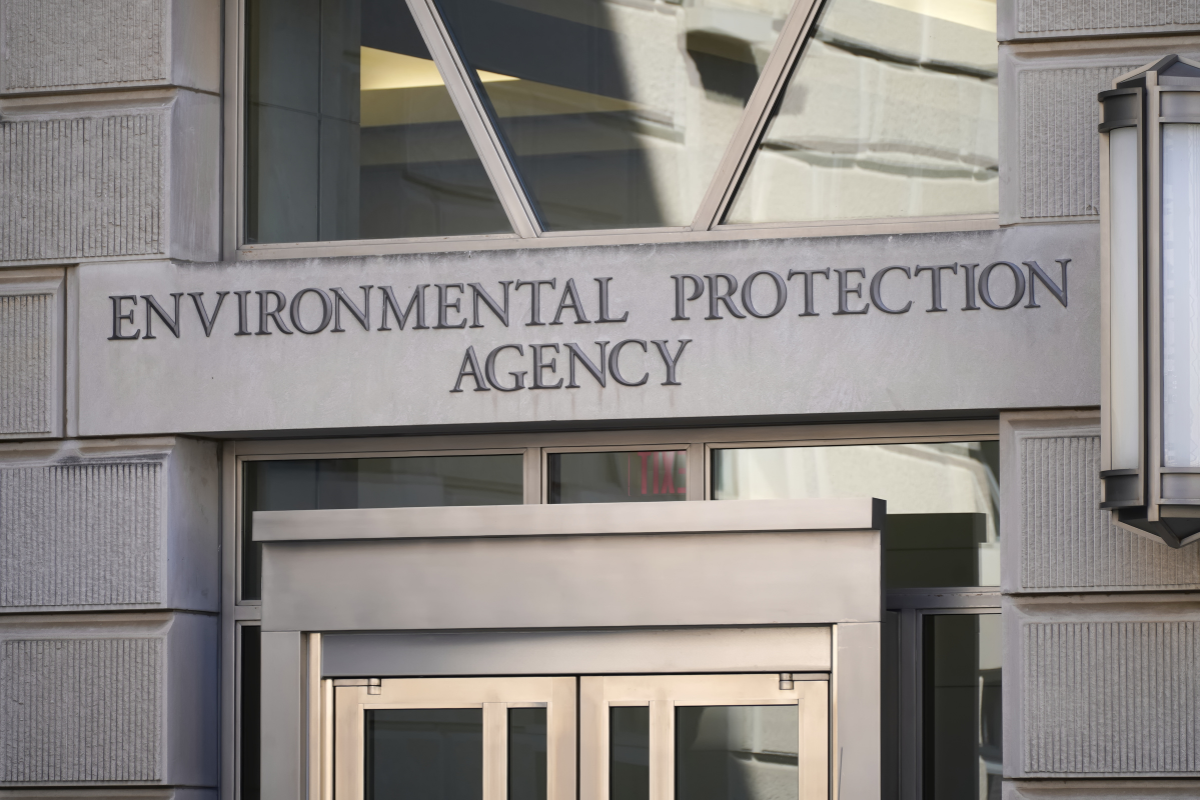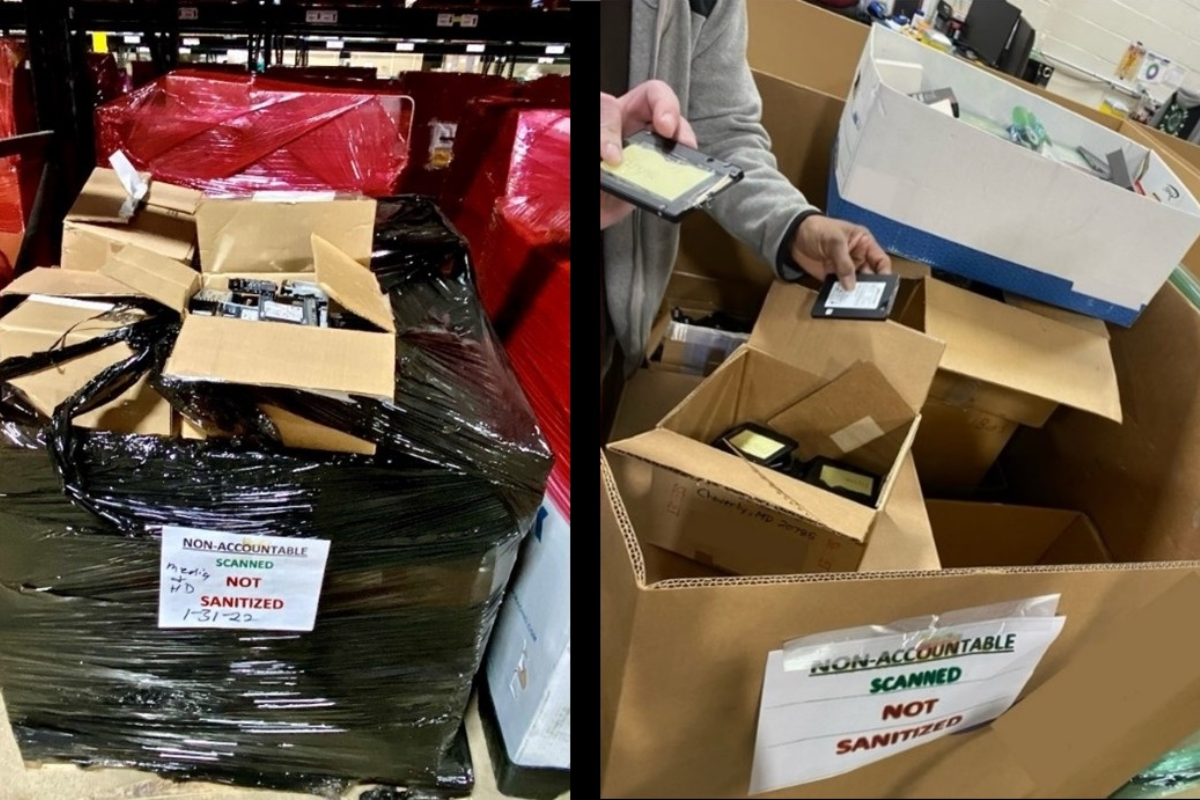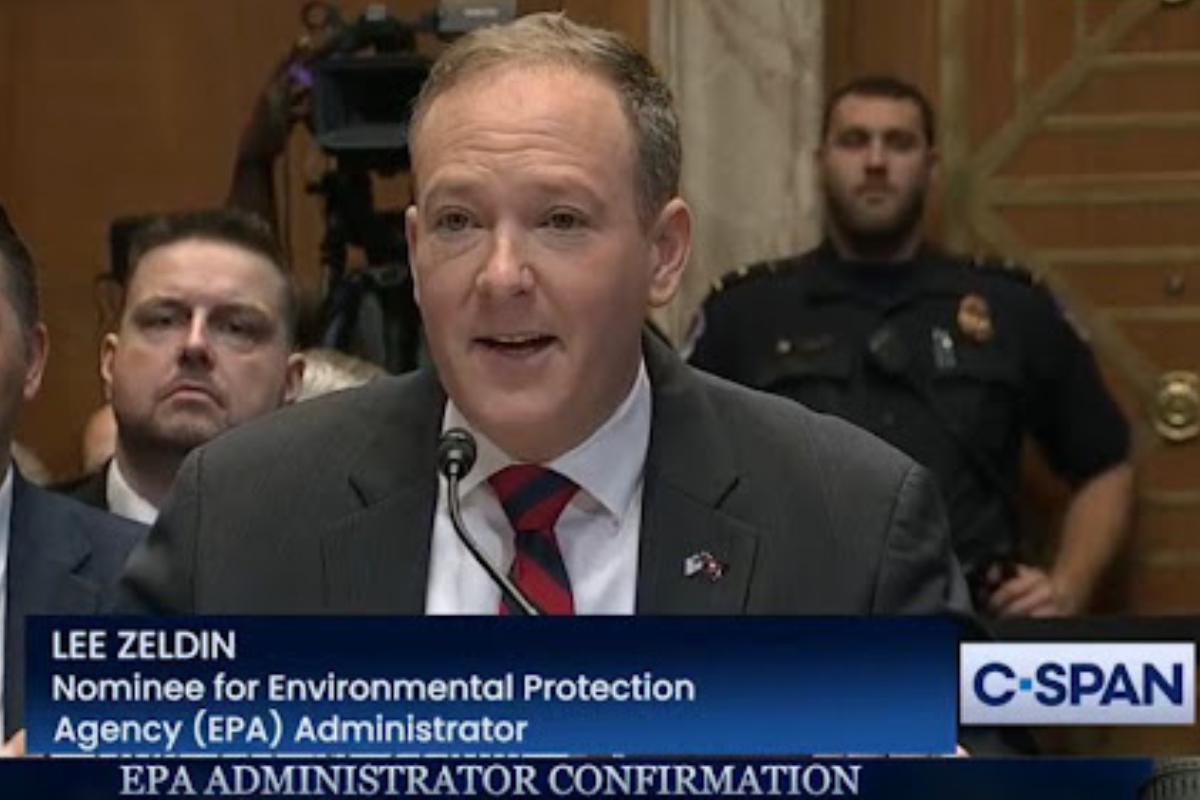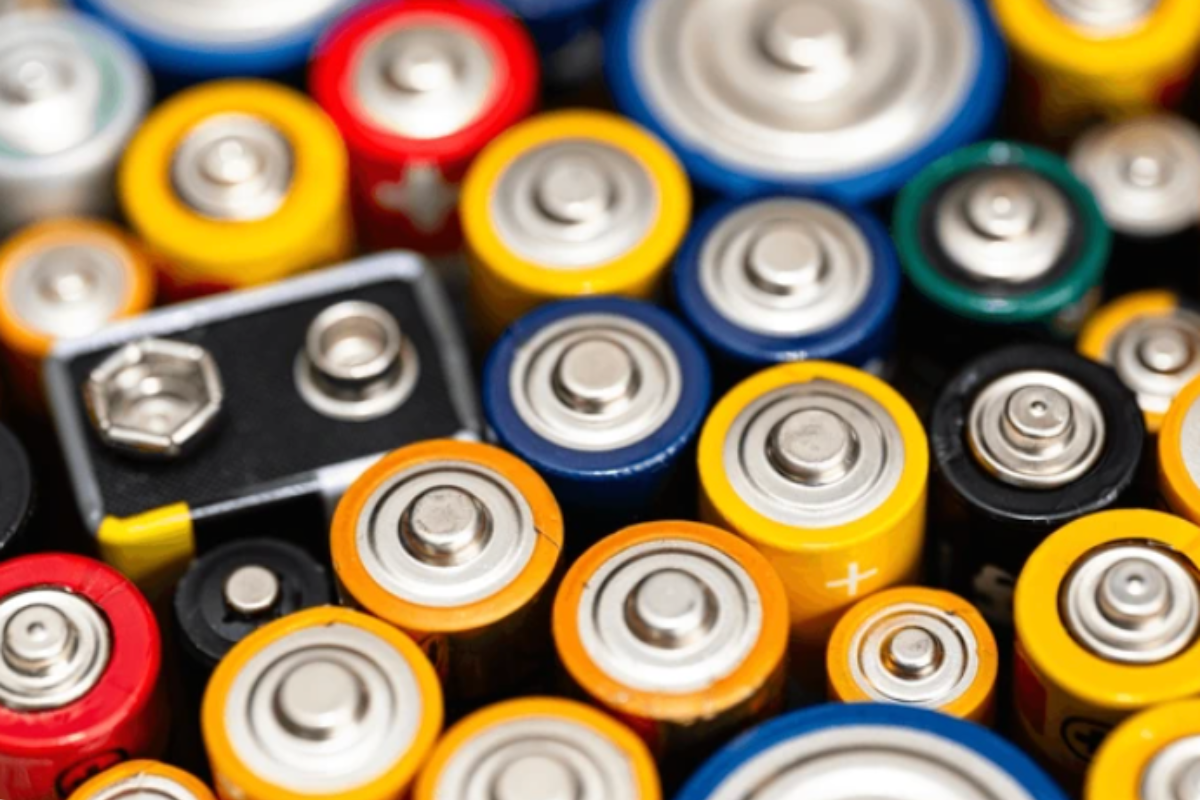
Gov. Bob Ferguson has 20 days to sign the bills into law after they are delivered to his desk. | Zack Frank/Shutterstock
A right-to-repair electronics bill is sitting on the Washington governor’s desk, while a bill that would again delay the state’s extended producer responsibility program for solar panels is now law. Continue Reading










